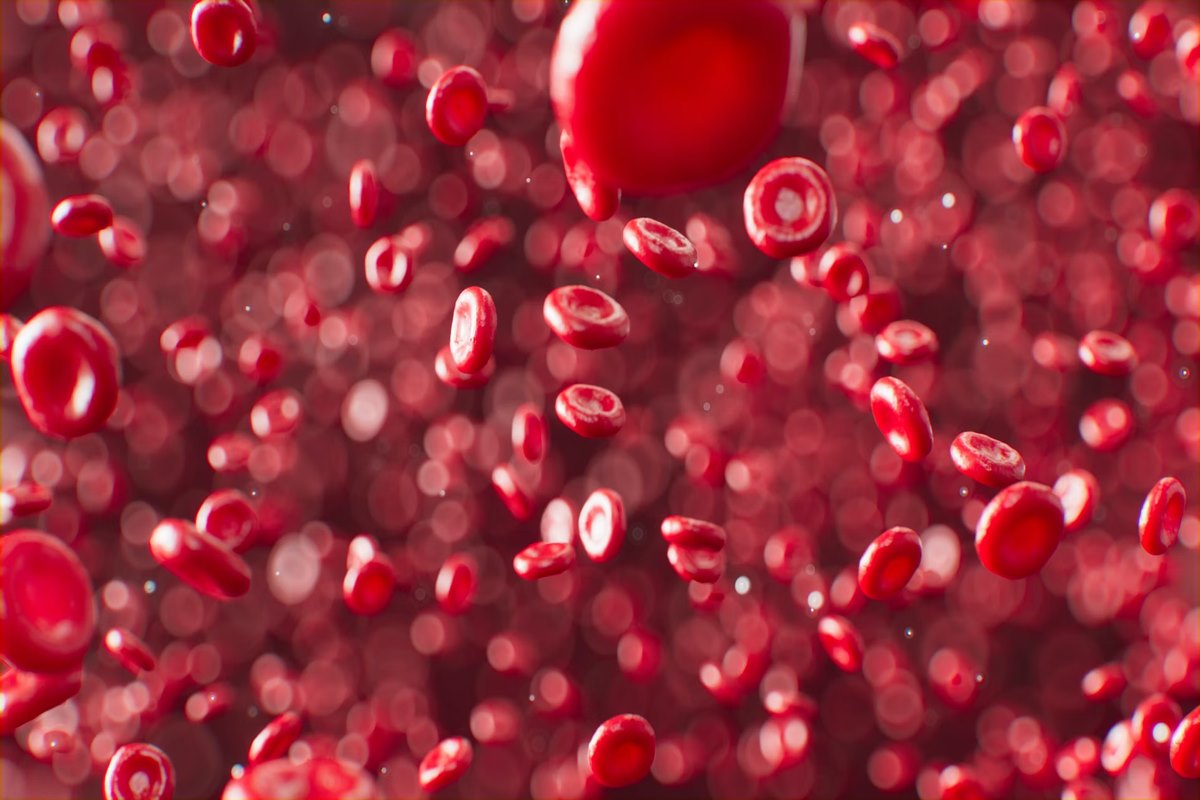Toxic Air
Air pollution in ten Indian cities assumed alarming proportions and was linked to deaths of 33,000 people every year between 2008 and 2019, a study published on 6 July 2024 in the Lancet Planetary Health Journal points out.
Discover the subtle signs of iron deficiency – from fatigue to pale skin. Learn how to address it through healthy habits. Your guide to optimal well-being starts here.

Have you ever felt exhausted after completing a trivial task or experienced chills in fine weather? Iron deficiency anemia is quite common and can affect anyone. Nevertheless, prolonged iron deficiency can hinder your body’s proper functioning. Iron plays a crucial role in producing hemoglobin, a protein essential for red blood cells to transport oxygen to various body parts. Here, we’ve compiled a list of common iron deficiency symptoms that are easy to overlook.
While we often attribute hair loss to extreme stress, poor lifestyle, unhealthy eating habits, or chronic diseases, the cause may be simpler. Iron is vital for maintaining a healthy scalp and promoting strong, lustrous hair. If your hair feels dull and brittle, it may be time to increase your iron supplements.
One significant symptom of iron deficiency is unusual tiredness and fatigue. Insufficient oxygen can easily tire your body as the heart works harder to regulate oxygen flow.
Advertisement
Incorporate a healthy lifestyle and foods, such as legumes, lean meat, eggs, fruits, green veggies, and vitamin C-rich foods. If unusual tiredness is accompanied by nausea, shortness of breath, mouth ulcers, or brittle nails, consult your medical provider immediately.
Another noticeable symptom of iron deficiency is the paleness of the whites of your eyes and your skin. Hemoglobin imparts a dark red color to blood; therefore, lower hemoglobin production results in paler skin. If your eyelids, tongue, or the underskin of your nails appear pale, it’s wise to undergo an iron deficiency test.
Reduced blood flow means less oxygen reaches your brain, potentially leading to basic headaches. If persistent headaches occur daily, seek medical attention.
Lower hemoglobin levels require your heart to work harder to supply oxygen to your body, leading to constant throbbing of your heartbeat. Less amount of iron hampers the transportation of oxygen from the lungs, causing quick heartbeats and shortness of breath.
This deficiency can be managed through healthy eating habits or by meeting daily requirements with supplements. Take the initiative to get checked, as prolonged iron deficiency could contribute to chronic diseases and coronary heart problems in the long run.
Advertisement